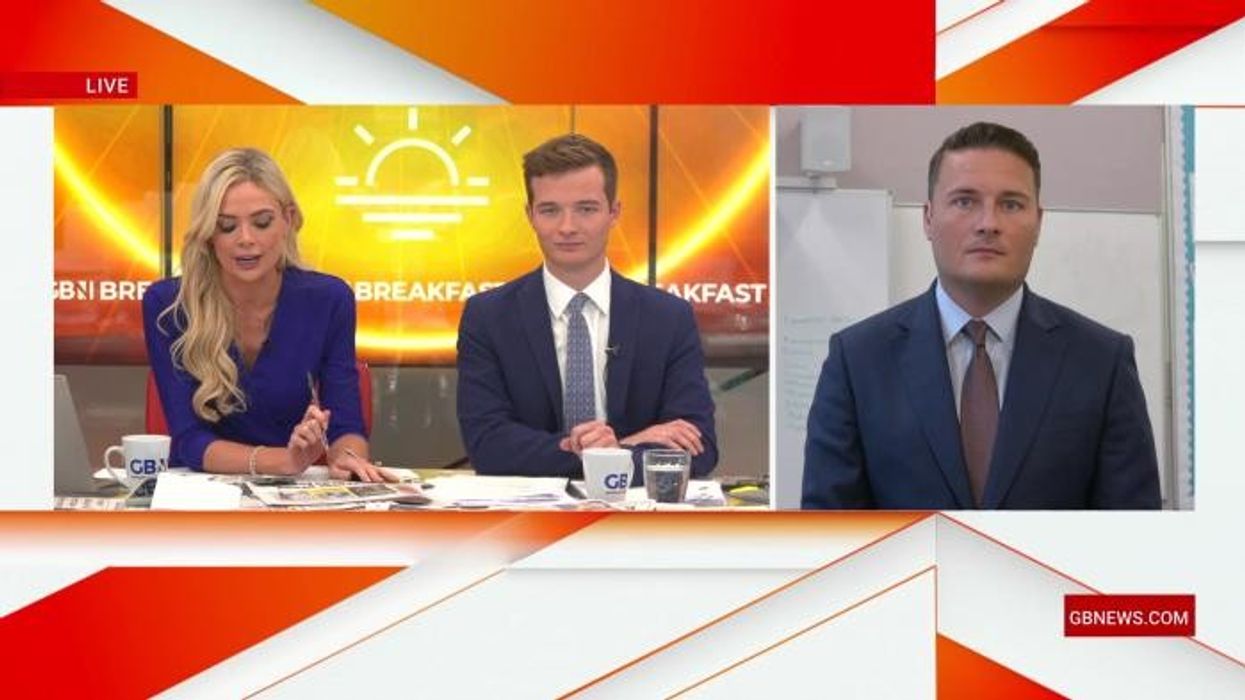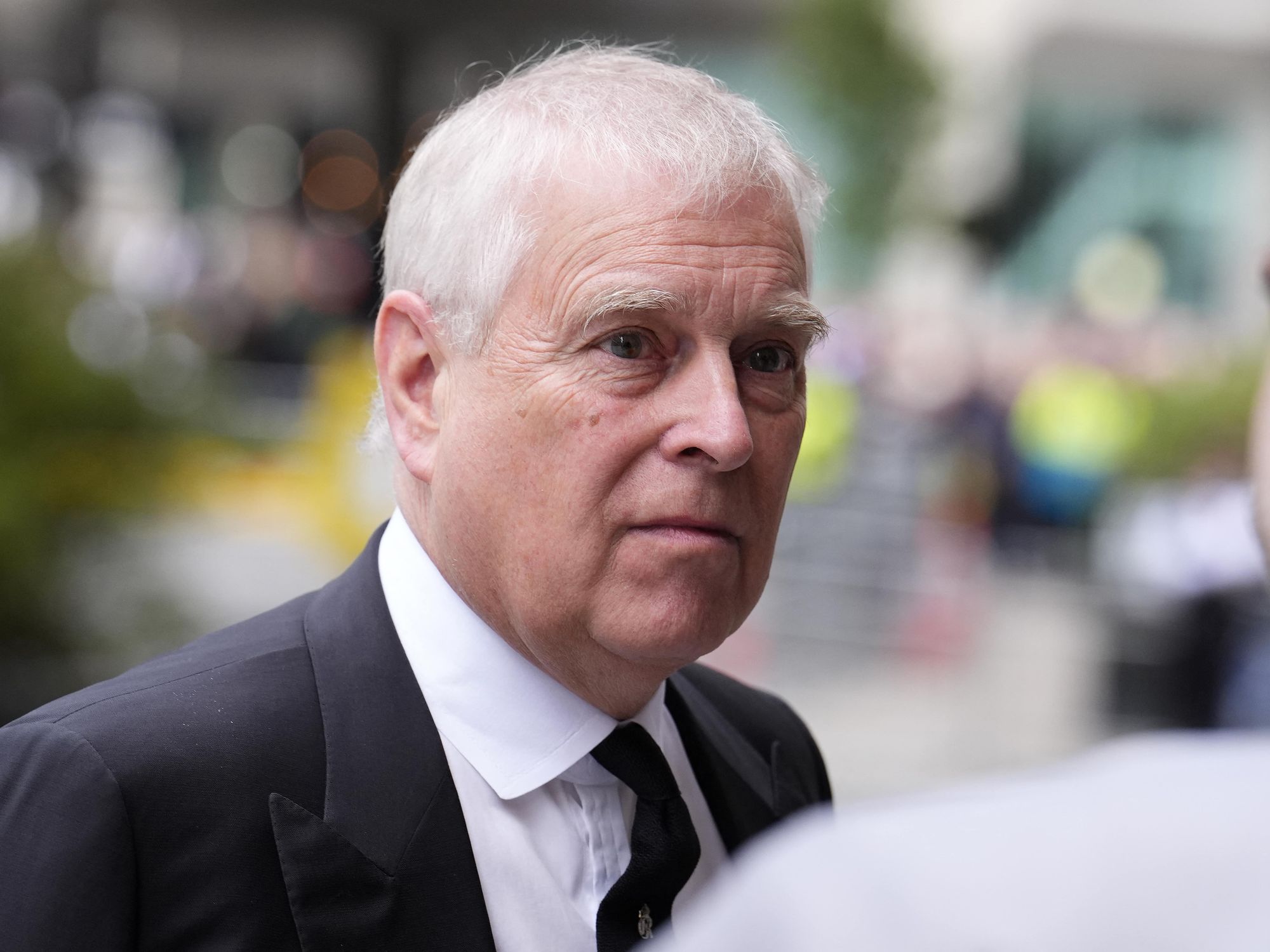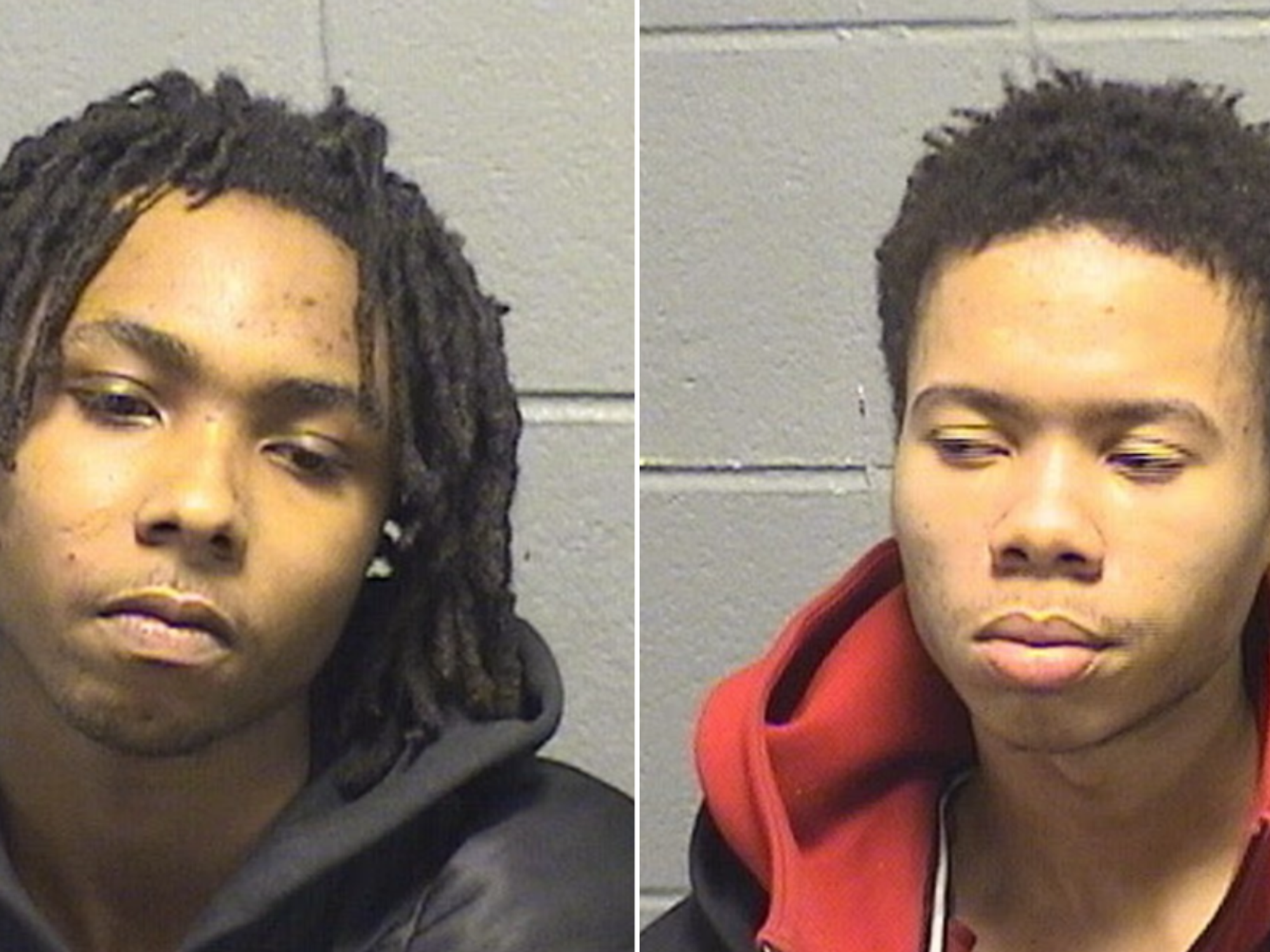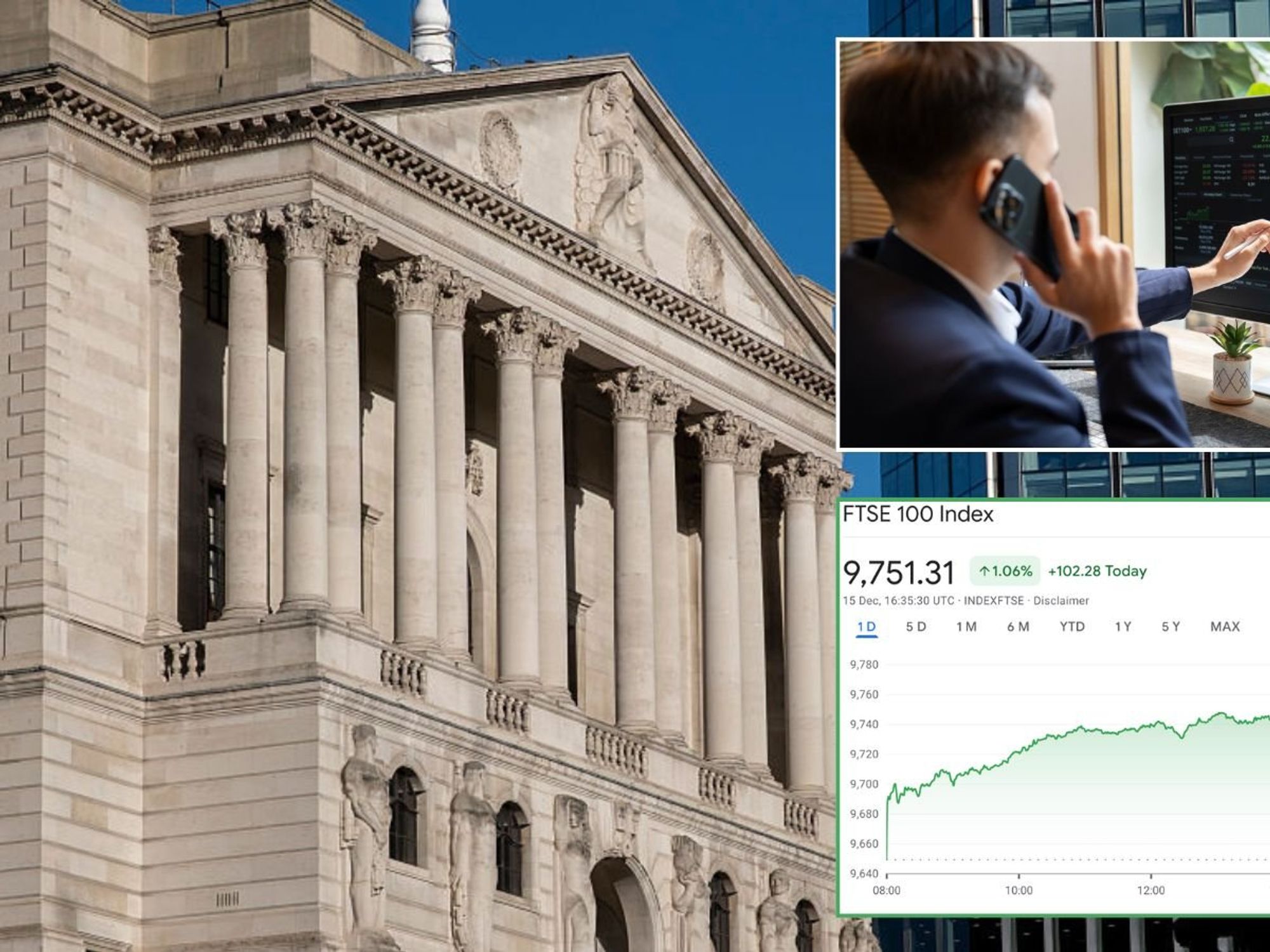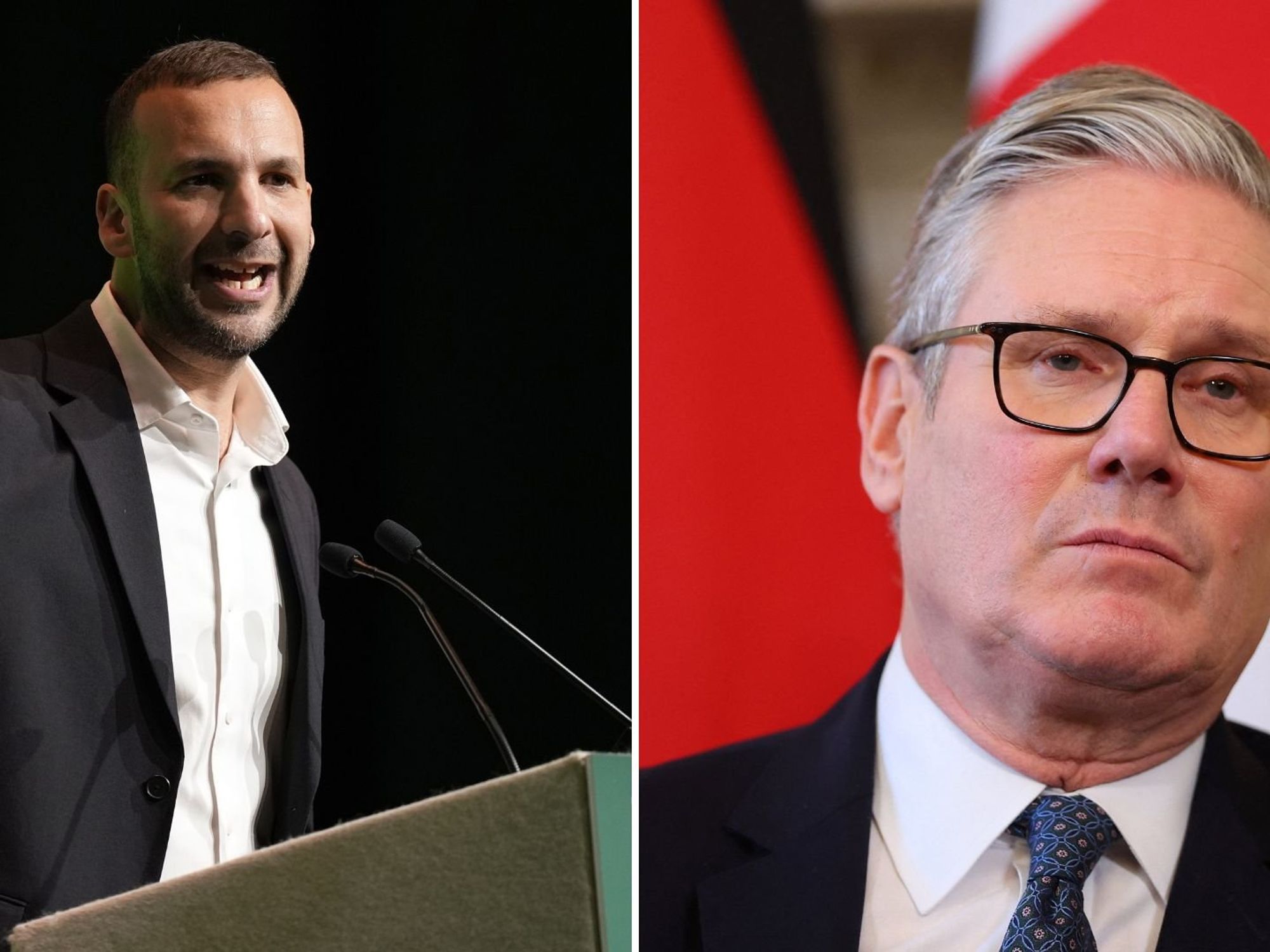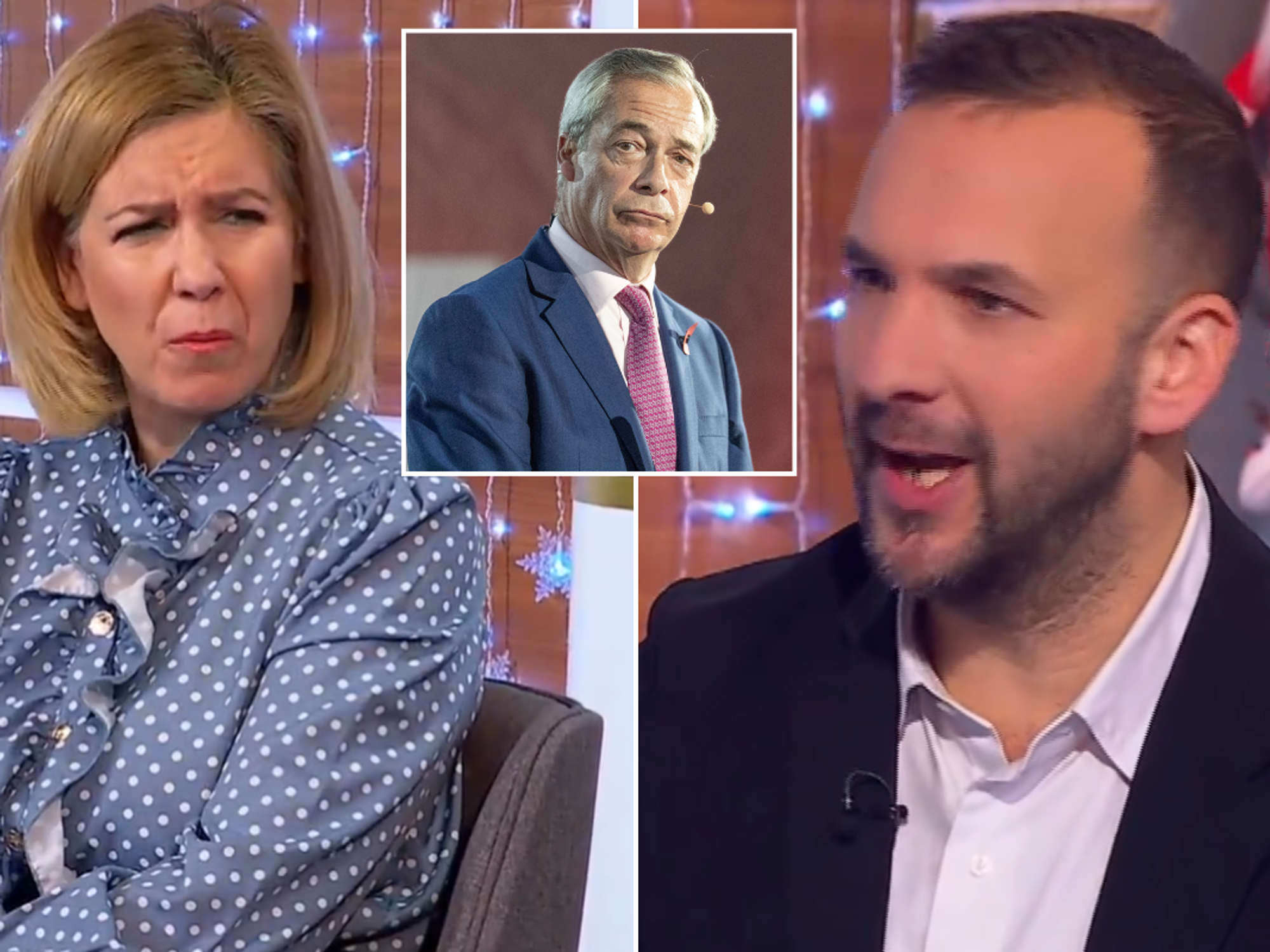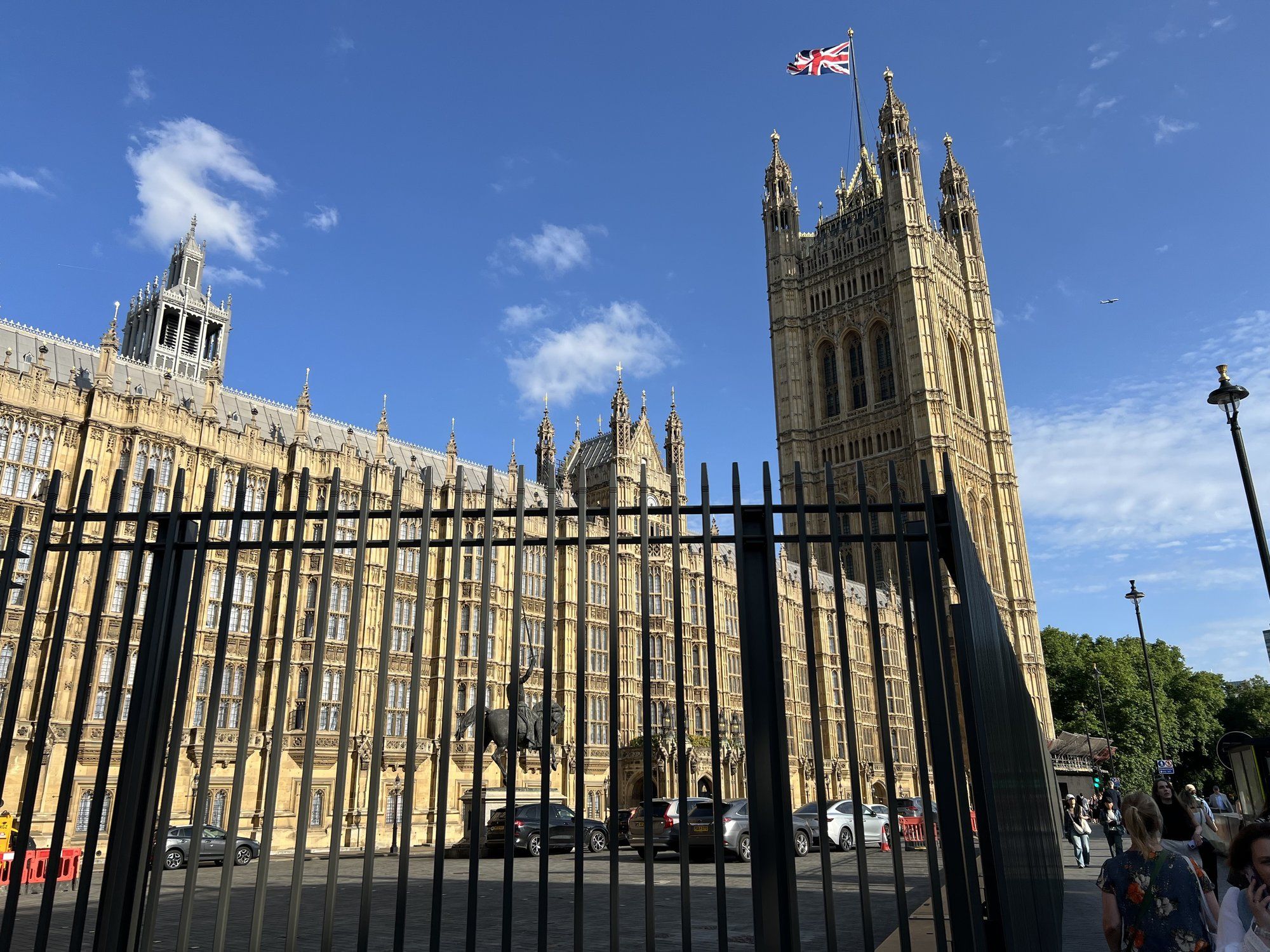Met Police chief demands 'common-sense' law change to STOP policing social media posts

The breakthrough follows a series of high-profile free speech rows which were raised to US Congress by Nigel Farage last week
Don't Miss
Most Read
Trending on GB News
Metropolitan Police Commissioner Sir Mark Rowley is to table a series of law changes to stop officers policing social media posts.
Sir Mark will soon present new Home Secretary Shabana Mahmood with a slate of proposals to turn the police's focus back to the streets.
His plans are set to see police handed back powers to use their "common sense" when deciding whether to record and investigate complaints about social media comments.
Under his proposals, officers would no longer be forced to waste time probing complaints where it is judged there is no real prospect of real-world harm.
And following months of pressure after last year's Allison Pearson scandal, requirements to record and investigate so-called "non-crime hate incidents" would be pared back.
Just last week, Ms Mahmood - still in her pre-reshuffle role as Justice Secretary - vowed she wanted a more "common sense" approach, with police shifting to "focus on the day job" - "crime in our communities".
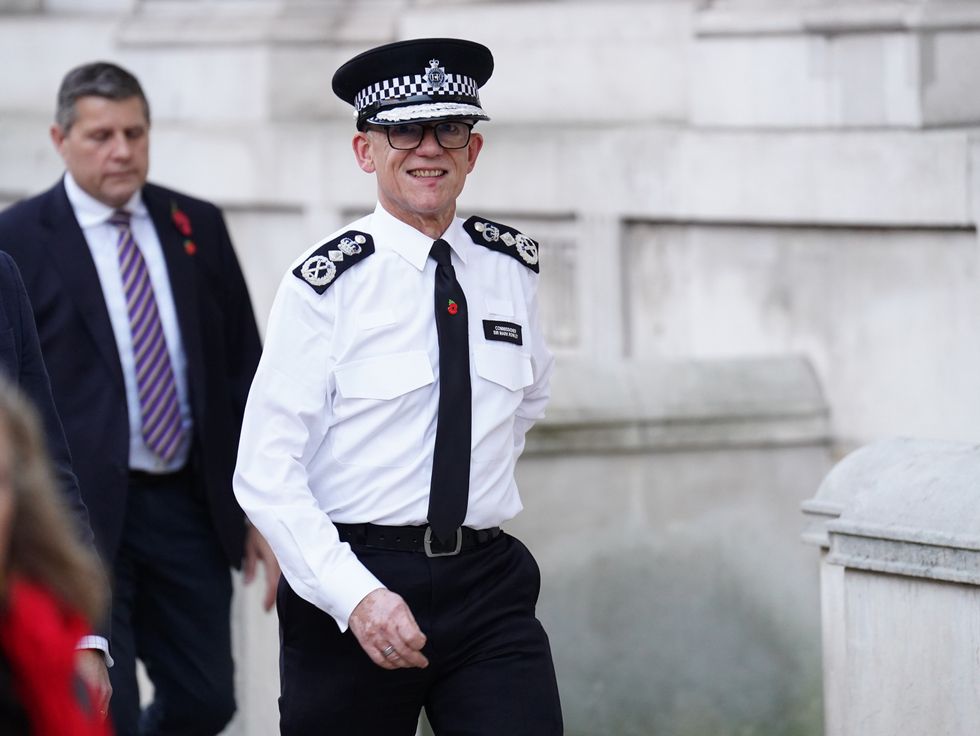
Sir Mark Rowley will present new Home Secretary Shabana Mahmood with a slate of proposals to turn the police's focus back to the streets
| PA"We should be clear that... social media is not a free hit when it comes to breaking the laws of our land," she told a Lords committee.
"But we have to be absolutely sure that what we do is in accordance with the laws of our land is and is not over-reach... and that the line is held in the right place... That's what, in the end, maintains public confidence."
A source close to Met boss Sir Mark told The Telegraph: "Regulations that were understandably intended to improve policing and laws that were intended to protect the vulnerable, are now tying officers' hands, removing appropriate professional discretion - which some call common sense - and risk losing public confidence.
"The Met is working with wider policing to rapidly develop solid proposals for where reform is possible, either in policy and guidance or the law, which could be ready within weeks.
"For instance, one of the areas where Sir Mark has been very clear previously is the need to bring more common sense to how police record and handle non-crime hate incidents.
FREE SPEECH IN BRITAIN - READ MORE:

Shabana Mahmood - still in her pre-reshuffle role as Justice Secretary - called for a more 'common sense' approach last week
| PA"We're grateful for the willingness being shown by Government to help us bring about genuine reform and conversations are already underway about how this can be achieved.
"Working out how to balance free speech with a safer online world is not like investigating crime on the streets. We won't achieve everything overnight but there's a collective desire not to lose time on this."
The apparent breakthrough follows a series of high-profile free speech rows which were raised to US Congress by Nigel Farage last week.
Mr Farage compared Britain under Labour to North Korea and told American lawmakers he wanted to bring Lucy Connolly stateside as "living proof of what can go wrong".
He also said the UK had lost its way over the treatment of Graham Linehan, the comedy writer who was arrested by armed police at Heathrow Airport last week.
Mr Linehan had posted on social media about kicking a "trans-identified male" "in the balls" if they were in a female-only space.
Speaking to GB News ahead of Mr Farage's US testimony, Health Secretary Wes Streeting vowed that "we want to see our police policing the streets, not tweets".
WATCH: Nigel Farage exposes Keir Starmer's 'war on freedom' to America in dire free speech warning
A senior police source told The Telegraph that officers were being forced into taking action on "culture war" issues because they were forced by the law to record and investigate such complaints.
"When it is low level and much more ambiguous, there should be more latitude for officers to make sensible decisions as to whether it carries a real world threat and remove the legal requirement on them to record and investigate it as a crime," the source said.
More than 13,200 non-crime hate incidents were recorded by police in the 12 months to June 2024.
Those included Britons investigated for calling a barber "rough" or comparing a woman to a Rottweiler.
More From GB News


